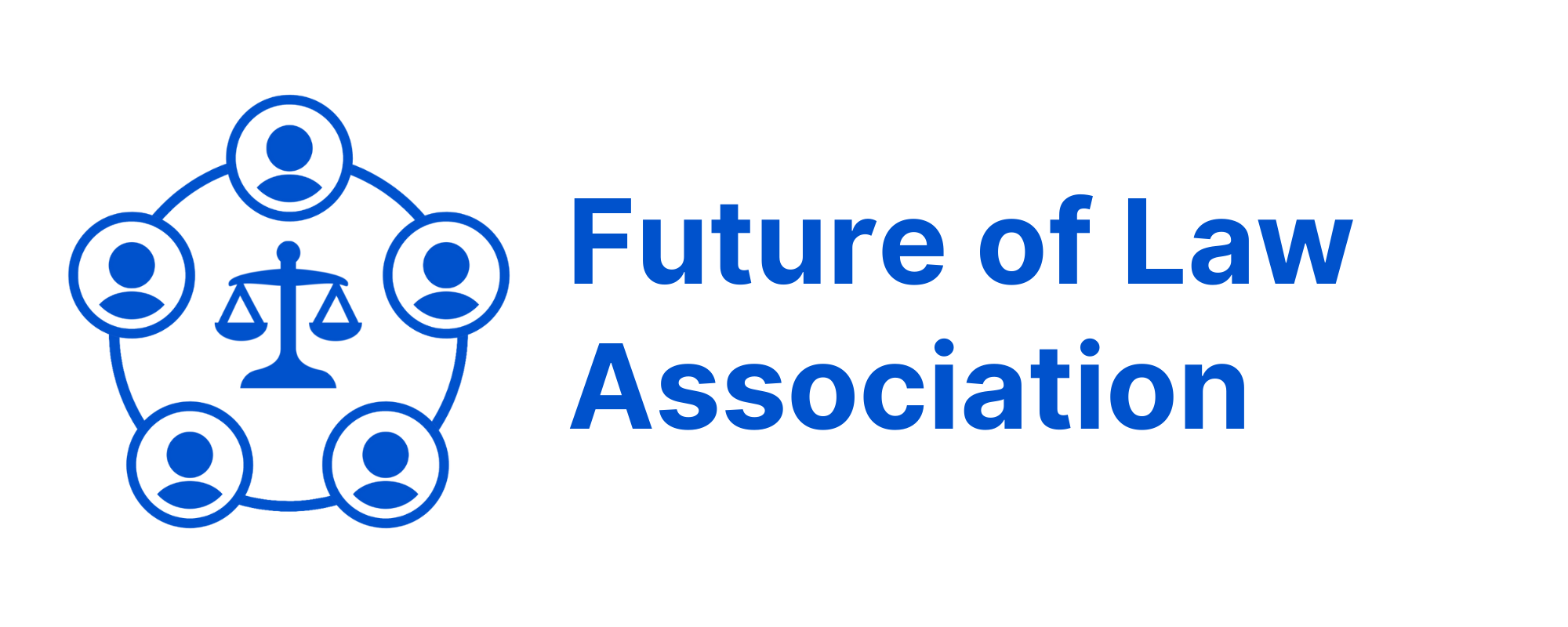As digital technology becomes more necessary for full participation in society, many commentators raise concerns regarding the ‘digital divide’. This can be defined as ‘the gap between those who are empowered to substantially participate in an information and knowledge-based society and economy, and those who are not.’ There may alsobe an ‘algorithmic divide’ developing, which can be described as a situation where some individuals
- do not understand the importance of algorithms in daily life,
- they are unable to access algorithm-enabled services,
- they cannot afford adequate access,
- appropriate algorithms are not available to them, and
- they do not have the skills to adapt them to their own
For example, as apps are developed to provide legal information and better access to justice, a person without acomputing device or adequate broadband may be even more excluded from the legal system. If they have thesebasic requirements, but lack experience in navigating software, they may not be able to find what they need orcomplete processes such as registration. Scanning and uploading documents may be particularly challenging forthose without computer skills.
The digital divide is more complex than simply lack of access to computing devices or the Internet. A direct linkbetween lack of access to technology and negative outcomes is not always clear. There may be other factors which are quite significant, such as economic resources, employment, health, education, housing, recreation,culture, and civic engagement. This means that overcoming the digital divide is not simply a matter of providingaccess to digital devices and broadband – time, language skills, and capacity to cope with complexity are alsobarriers.


0 Comments